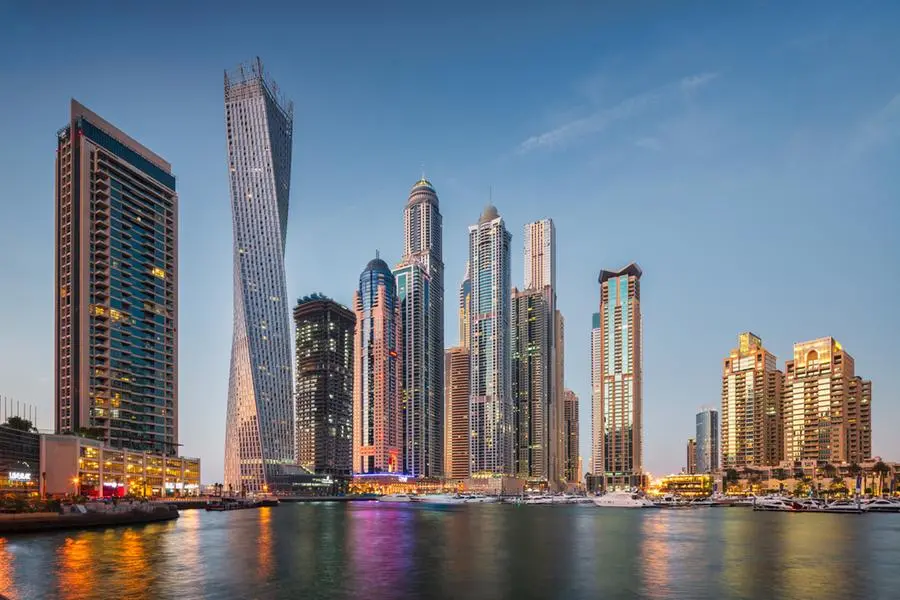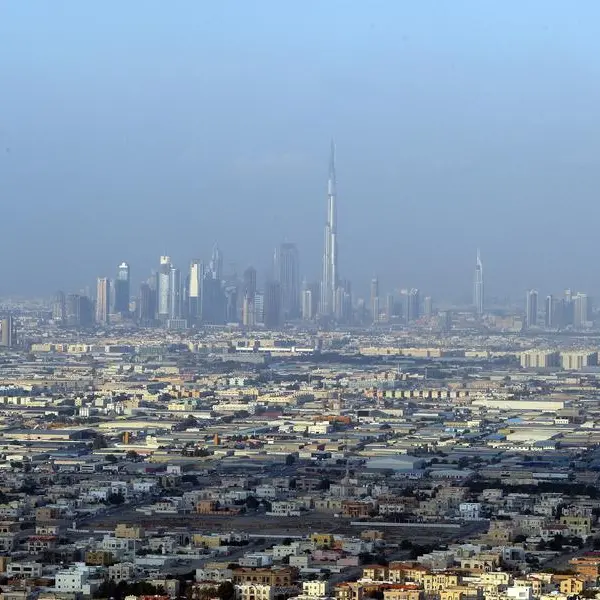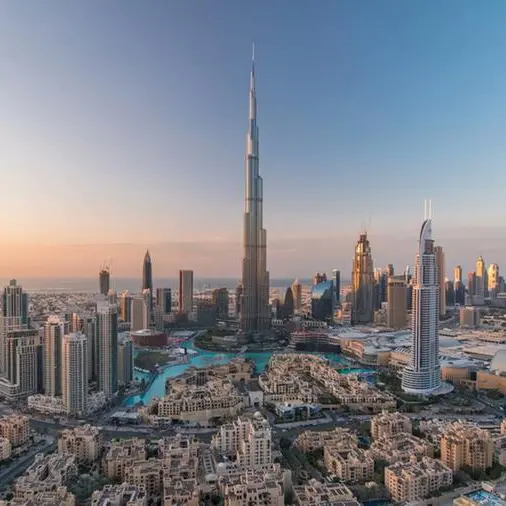PHOTO
In the year since the start of the Russia–Ukraine war, the movement of Russian nationals out of their home country has been widely reported, with speculation that sanctions have led them to the Middle East, specifically Dubai, rather than Europe or the US.
A Russian exodus was especially evident during the outbreak of war and again during the mobilisation of 300,000 reservists, which was announced in September.
But how has the reported arrival of Russians in Dubai impacted the city’s economy, specifically the property market?
Sales Worth Billions
For Dubai-based agents, 2022 has been an extraordinary year for sales, with one, Metropolitan Group, reporting UAE dirhams 11 billion ($2.995 billion), up 130% on 2021.
And demand is not slowing down. Better Homes LLC, for example, saw 200% more deals in January and February 2023 than during the same months in 2022. The agency reported large Russian demand in the first half of 2022.
Elias Hannoush, Managing Director of Morgan’s International Realty, said the Russia–Ukraine war undoubtedly had a positive impact on the real-estate market in Dubai, but it was not the sole driving force behind the recent boom.
He attributed it instead to a “confluence of factors”, including positive sentiment around the way the government had handled the pandemic, increased access to residency for investors, and post–Expo 2020 and FIFA World Cup momentum, which has kept high net-worth investor attention on the region.
However, while Russians investors and buyers may not have had the heaviest impact, economic uncertainty created by the war has definitely prompted European individuals and companies to consider the emirate as a permanent location.
Simon Baker, Managing Director of haus & haus, agreed that there had been a large number of Russian and Eastern European customers in the past year.
“But it isn’t the only driving factor; there are lots of different political and economic factors around the world that seem to be creating the perfect storm for immigration to Dubai,” he said. “Primarily, high net-worth individuals are looking for a safe haven for their businesses and their families.”
Another real estate source told Zawya that skyrocketing property prices in Dubai mean that some Russian investors have made investments since the start of the war, then sold them at a profit, a practice known in the real-estate world as ‘flipping’.
Those buying are spending around $1 million on average (UAE dirhams 3.67 million) per property, although some wealthier investors have bought as many as 10 units at that price.
The investors range from those fleeing high interest rates or economic uncertainty to “big money” VVIPs, who include Russians looking for a safe haven for their money or to relocate, he said.
He also observed that the “flood” of Russians has brought other opportunities for more Russian nationals to relocate, including the younger generation of social media influencers, tech startup founders, blockchain and cryptocurrency firm employees who are moving businesses to the city to cater to growing demand.
Real-estate agencies and agents who are heavily focused on selling to Russian clientele have also been coming to the fore, he added.
CIS Buyers
After an extraordinary 2022, Metropolitan Group's Metropolitan Premium Properties, which began its life 10 years ago as a UAE-based agency catering to the off-plan market for citizens of the Commonwealth of Independent States (CIS), which includes Russia and nine other former Soviet Union states, launched new divisions and new offices in Dubai and the Northern Emirates last year. But this was in response to general demand, not just demand from Russians, the company said.
CEO Nikita Kuznetsov said, “We made a decision early on to specialise in CIS markets by proactively building a strong brand there through marketing and PR, a strategy which is now paying dividends.”
However, a sale last month of a property for UAE dirhams 90.5 million was to an Indian family, and there is increased demand from the US and countries in Europe, including Italy, Germany, Poland and the UK.
HNWIs, entrepreneurs, institutional investors and family property funds are driving demand for villas worth more than UAE dirhams 20 million, he said, and the agency has launched penthouse.ae specifically to cater to that luxury market.
“A few years ago, there would only be a handful of properties above UAE dirhams 100 million, and we have now just listed an uber-luxury villa on the Palm Jumeirah for UAE dirhams 800 million,” he said.
More than 75% of those buying properties are relocating permanently to Dubai, he added. In 2022, about 50% of the agency’s transactions were from overseas buyers, and of those sales, 20% were done remotely.
Signs point to continued growth in Dubai property in the immediate future, he added. “Geopolitics can definitely impact the market either way; however, I think the overall confidence in the Dubai real-estate sector is the primary reason behind its success.”
Financial Practicalities
Zawya understands that, as the UAE has not sanctioned Russia for its invasion of Ukraine, it is possible to transfer money into Dubai-based banks quickly, making property purchases in the UAE for Russians straightforward (although one of the emirate’s major banks declined to comment on the issue when approached).
Businesses and individuals, real-estate agents included, must comply with anti-money laundering regulations that apply to all nationalities, one highly placed real-estate finance source said.
As with any nationality, Russian nationals are subject to know-your-customer (KYC) regulations and to compliance measures that have been in place since before the war.
Real-estate brokers must check the names of prospective buyers against two lists, the UAE local terrorists list and the UN Security Council Consolidated List. They receive emailed updates when new names are added to the lists.
If any client name appears on either list, even as a partial match, agencies are obliged to report the transaction via the GoAML portal, a resource for reporting suspected money-laundering activities developed by the UN but administrated in the UAE by the Ministry of Economy.
What’s Next for Dubai’s Real-Estate Market?
Richard Waind, Group Managing Director, Better Homes LLC, said there has been a global increase in demand for Dubai real estate over the last 18 months, with momentum continuing into 2023.
“If Dubai can continue to attract new residents and grow as it has been doing, there is no reason why this market could not enjoy a number of years of growth. Prices here are still comparatively low to other world cities,” he said.
The market has not yet reached its peak, he added, with international demand based on “push factors” bringing people to the UAE, including the war in Ukraine but also the cost-of-living crisis, rising taxes and natural disasters, which are likely to continue. Off-plan properties offering a hedge against higher interest rates as well as luxury homes are likely to be prominent.
There will also be increased domestic sales demand as rising rental prices lead residents seeking more stability to consider buying, he added.
(Reporting by Imogen Lillywhite; editing by Seban Scaria)





















